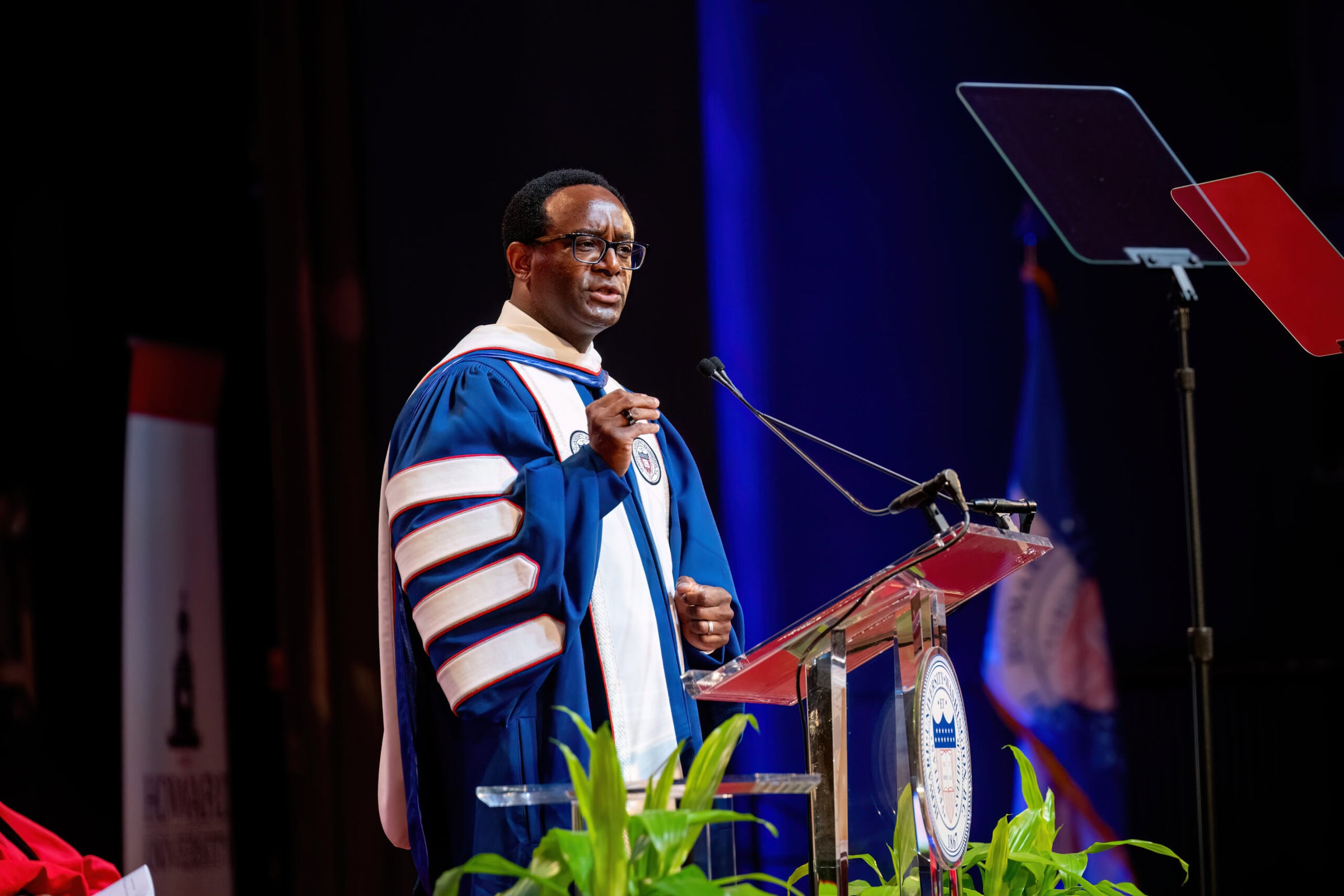As we break for summer, some of us will be heading off to conduct archival research for the first time in several years. I plan to travel to England and Portugal in June to put the finishing touches on a book project, but once August rolls around, my life takes on a rhythm unfamiliar to most academics. From August until October, I will be on a football field every afternoon coaching high schoolers.
I have performed this transformation from academic to football coach for more than 10 years, often literally changing out of my teaching clothes into T-shirt, cleats, clipboard, and whistle out of the back of my car. Why expend so much time and effort coaching a game that is widely maligned as dangerous? Football is hard work. Setting aside the risks of injuries and concussions, few teenagers want to put on 20 pounds of hot, sweaty equipment and grind for three hours in the scorching sun. The kids who come out for football are almost all working class, minority, or otherwise marginalized. Over the years, I have had girls on my team; gay and trans boys; boys with learning disabilities; and first-generation immigrants from Brazil, Jamaica, Germany, and Ivory Coast. In my experience, most of the kids who come out for football just want a place to belong, a place to be seen. In Wisconsin’s second-largest high school—a school that also serves the children of the city’s doctors, lawyers, and professors—being seen is no small feat.
My primary job as a coach is to try to see each and every athlete who steps on the field not simply as a football player but as a whole person. I make a point of asking about their school work, their part-time jobs, and their families. I want to know their long-term aspirations. By building personal relationships beyond the football field, I provide our student athletes with a resource that they can carry into the future. I write letters of recommendation for college for many of my former players. I put others in touch with friends in the building trades, the police and fire departments, and with military recruiters.
These bonds with my players are a constant reminder that I need to try to see each student in my classroom in much the same way as I do on the football field. As an educator, I teach, impart knowledge, and inspire curiosity as part of my job. I like to think that I do so effectively in a range of classroom settings, from large undergraduate lectures to small graduate seminars. However, no amount of charisma or trendy pedagogical methods can substitute for human interaction. Learning is not mere data exchange; it’s fundamentally a social process. At a big public university like Wisconsin, many students find themselves isolated and socially alienated, albeit in ways different from those of high school kids. I can’t connect individually to even a fraction of these students, but I do my best to demystify the gap between professor and student by sharing information about my background, my family, and my high school coaching. In my large lectures, I publicly perform an awareness of students’ lives outside my classroom by playfully calling on the student wearing “that horrible Yankees hat” or by asking someone in the front row reading The Communist Manifesto why they’re reading “radical” politics. When I am open and vulnerable and show a sense of humor in the classroom, my students feel seen, individually and collectively. I believe that the sense of community building that evolves over the course of the semester ultimately makes me a more effective teacher, in much the same way the season-long process of trust building with my players makes me a better football coach.
Learning is not mere data exchange; it’s fundamentally a social process.
My second priority as a coach, after cultivating personal relationships with each of my players, is to try to mold a motley crew of 25 to 30 teenagers into a competitive team. This process requires patience, trust, and respect much like the experience of community building in the classroom. It also runs headlong into the desire of each individual to be recognized. One of the reasons I love football above other sports is because it is choreographed in such a way that each of the 11 players on the field must perform their specific assignment in order for the team to have success. The majority never get near the football, let alone have an opportunity to score. Instead, they block and tackle in the trenches, grinding away in anonymity play after play.
In the era of single-player video games, social media self-promotion, and boastful projections of “dripped out” style, it might seem a fool’s errand trying to convince a teenage boy that moving the ball three yards, down after down, will result in victory. Instilling in my players the desire to win every play, most often with no fanfare or recognition, is one of my greatest challenges. Paradoxically, being seen on the football field requires sacrificing one’s individuality for the greater good of the team. In fact, individual creativity and improvisation can result in the team’s failure. Hence, I tend to highlight the hard, dirty work of my offensive and defensive linemen. I give the highest praise for the mundane: doing one’s job correctly and with consistency.
The lessons of team building, while applicable in the classroom, came to bear most forcefully for me when I became chair of my department. Academics, even more so than teenage boys, demand to be seen. We are conditioned to define success by the books and articles we write, mostly in solitude. We expect recognition in the form of public praise, prizes, research fellowships, and salary increases. But who provides that recognition? Who is your team, and what sacrifices have you made to demonstrate that you belong? As chair, I hailed the successes of faculty as broadly and widely as possible. I advocated salary increases, even for those who would not participate in the university’s merit process. I raised money from donors to create endowed professorships and faculty research funds. And I worked hard to build personal relationships with the department’s most alienated members. I especially went out of my way to reward those faculty members who performed service-oriented tasks that so often distract from individual advancement. In short, I tried to see everyone without regard for personal animus or affection.
Being on winning teams catalyzes opportunity.
Ultimately, my job as chair, like that of coach, was to build a team by celebrating the achievements of each individual while emphasizing the imperative of our collective success. Because nearly every faculty member committed to teaching large undergraduate lecture courses, we satisfied enrollment metrics imposed by our administration. Thanks to faculty participation in a career diversity initiative aimed at making our majors more marketable, we gained recognition across our college and the university when our graduates landed jobs in consulting, finance, and tech companies. After a series of strategic hires agreed on collectively by our faculty, we improved our position in the rankings of graduate programs. As a result of the collective buy-in and labor on the part of faculty, greater institutional resources flowed the department’s way, thereby creating new opportunities for individual advancement. Being on winning teams catalyzes opportunity: the department’s 16,000 living alums donated more and more money to the department, celebrating not only our most recent achievements but also the department’s long legacy of excellence and even the very brand of the University of Wisconsin. To think that our individual achievements as scholars are somehow divorced from the labor and largesse of others is simply ludicrous.
To be clear, faculty participation in departmental, university, and disciplinary teamwork is extremely uneven and often dismissed derisively as “service.” For a group that so often likes to tout its communitarian—or even socialist—politics, academics sometimes demonstrate a paltry understanding of the mutually reinforcing benefits of individual success and teamwork. If our running back breaks an 80-yard touchdown run, he’d better not be jumping up and down in the end zone, beating his chest, inviting the crowd to rain cheers down on him, unless he is surrounded by five very large offensive linemen celebrating their achievement. Teamwork matters, in academia as in football. We should honor the sacrifices of those who make our success possible—family, friends, colleagues, university administrators, alums, and funding agencies—and not simply as “acknowledgments.”
As August rolls around, my fellow coaches and I will once again face the challenge of building a new team from a group of diverse, talented young people. COVID willing, my book will be done. I eagerly look forward to plenty of committee service and administrative work in the coming years. I do so with deep gratitude and appreciation for the colleagues who carried my workload while I was on sabbatical and teaching leave. Ultimately, being a good teammate always matters more to me than wins and losses. But if everyone is a good teammate, touchdowns usually follow.
This work is licensed under a Creative Commons Attribution-NonCommercial-NoDerivatives 4.0 International License. Attribution must provide author name, article title, Perspectives on History, date of publication, and a link to this page. This license applies only to the article, not to text or images used here by permission.


